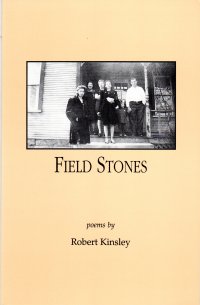 This book, the less expensive of the books by this author that I spotted at Hooked on Books almost a month ago, is the work of a professional poet. The author is the assistant editor at The Ohio Review at the time, so he’s definitely a pro. But for all that, it’s not so bad.
This book, the less expensive of the books by this author that I spotted at Hooked on Books almost a month ago, is the work of a professional poet. The author is the assistant editor at The Ohio Review at the time, so he’s definitely a pro. But for all that, it’s not so bad.
Some of the poems to do fall to the two-to-four-syllable-lines problem. How can you develop a thought or image in lines that short? Short answer: unless your name is Issa and some of the beauty of the poetry is in the brushstrokes themselves, you can’t. But modern poets lurve it, and when I read poems like that, I can here them reciting a couple of short words and then pausing ponderously at the end of the line. Eesh.
At any rate, many of the poems contrast growing up on the farm with today, which although it was then was later than growing up on a farm. I liked it a little more than I thought I would, but I found enough in it to not dislike it.
But none of the poems really touched me. You know, I’ve read a lot of poetry this year–what, about 20 books, give or take how you account for some of them–and not many of the poems or poets stick with me. I liked some of the Mary Phelan and John Ciardi I read this year, the poem I remember most en toto and even quote bits of to myself comes from Robert Hayden whom I read in 2020. So I guess the best I get out of most poetry is that’s nice and move on.
Perhaps that’s the best I can hope for from people reading my poetry. Or people reading my poetry at all.
I get a little money if you click here and buy:



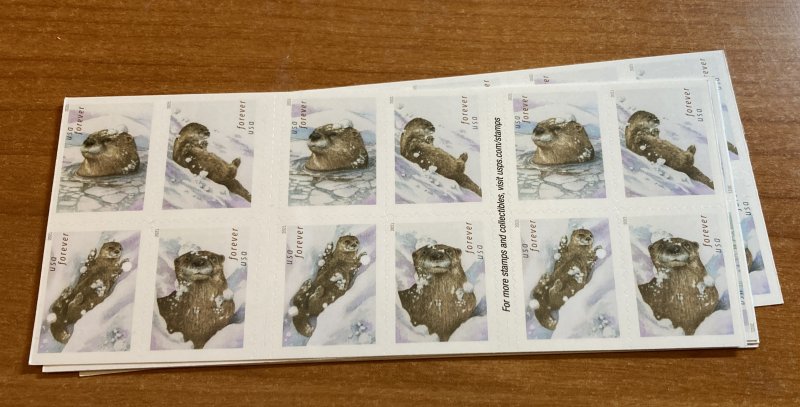
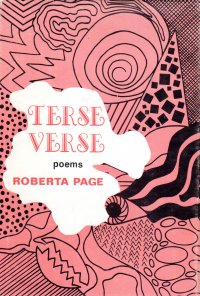 This hardback comes from Carleton Press, a self-publishing firm, in 1973. Not only is it a hardback in a dust jacket, but the dust jacket is Mylar-wrapped, so someone thought highly of it. Perhaps Ellen Massey, the teacher extraordinaire, to whom the book is inscribed.
This hardback comes from Carleton Press, a self-publishing firm, in 1973. Not only is it a hardback in a dust jacket, but the dust jacket is Mylar-wrapped, so someone thought highly of it. Perhaps Ellen Massey, the teacher extraordinaire, to whom the book is inscribed.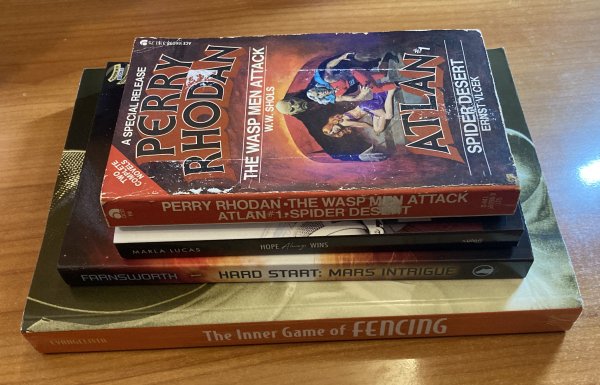
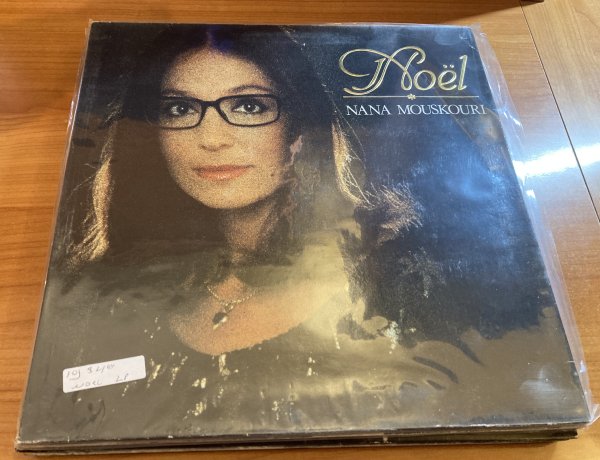
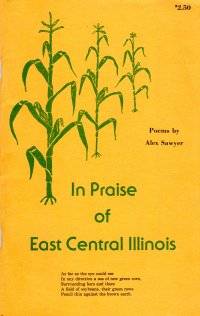 Instead of some grandmother poetry, how about some grandpa poetry instead? Ah, but for the depth of grandmother poetry. This volume has 51 pages of landscapes with little beyond describing the flora of East Central Illinois. Many of the poems within are cinquains, which are short five line verses. Longer than a haiku, but not by much.
Instead of some grandmother poetry, how about some grandpa poetry instead? Ah, but for the depth of grandmother poetry. This volume has 51 pages of landscapes with little beyond describing the flora of East Central Illinois. Many of the poems within are cinquains, which are short five line verses. Longer than a haiku, but not by much.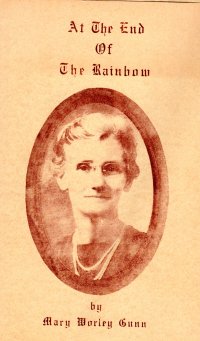 Now this is what you would expect of good grandmother poetry. The book, comb-bound when I was but two years old (but not by my grandmother) runs 94 pages on high-quality cardstock for the most part. It touches on themes of holidays, religion (lightly), family, and patriotism, but not unalloyed with a touch of pain (apparently, she lost a son in World War II). We get the gamut of history in the poems: She married in 1918, in the shadow of World War I, lost a son in World War II, and wonders about kids these days in the 1970s.
Now this is what you would expect of good grandmother poetry. The book, comb-bound when I was but two years old (but not by my grandmother) runs 94 pages on high-quality cardstock for the most part. It touches on themes of holidays, religion (lightly), family, and patriotism, but not unalloyed with a touch of pain (apparently, she lost a son in World War II). We get the gamut of history in the poems: She married in 1918, in the shadow of World War I, lost a son in World War II, and wonders about kids these days in the 1970s.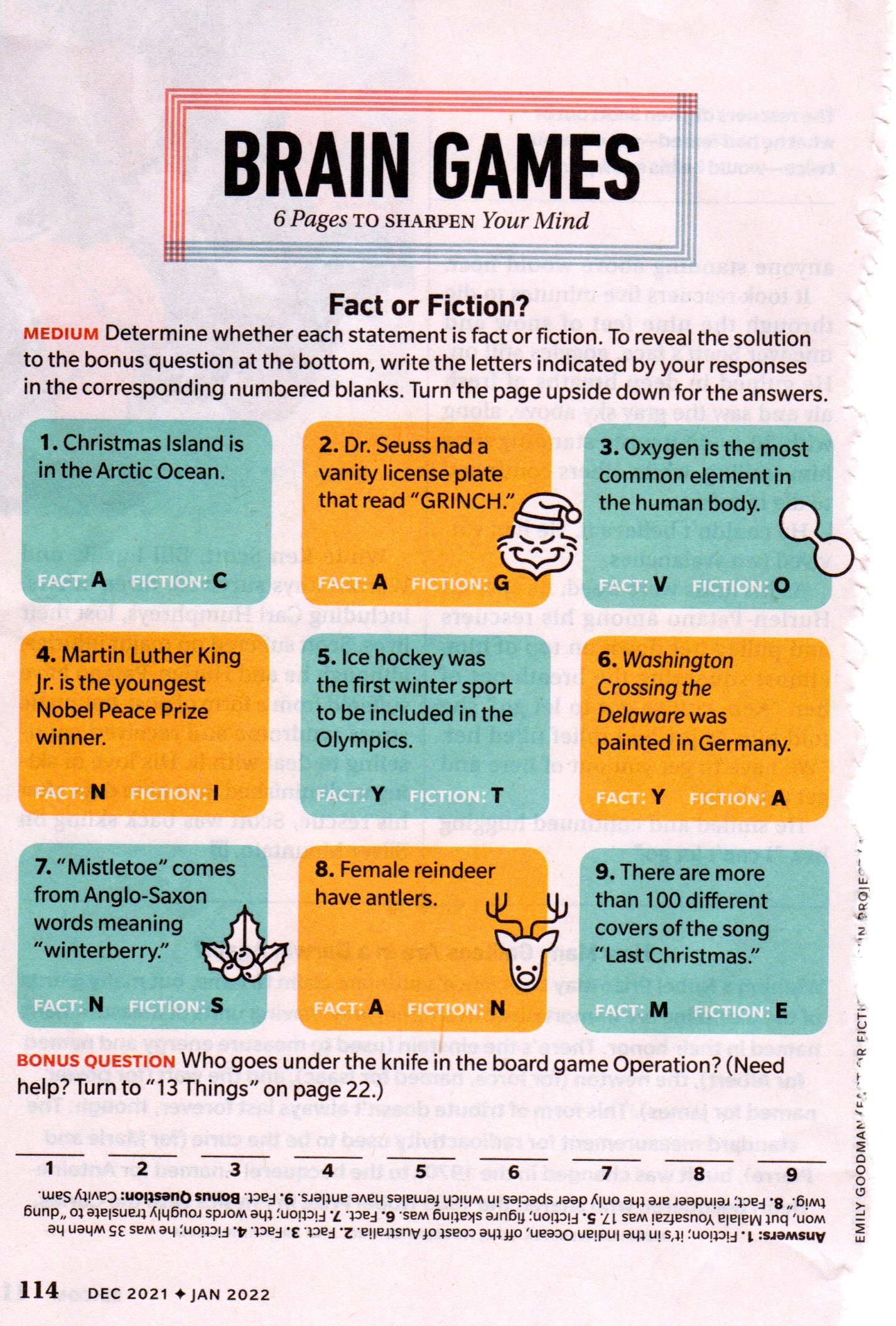


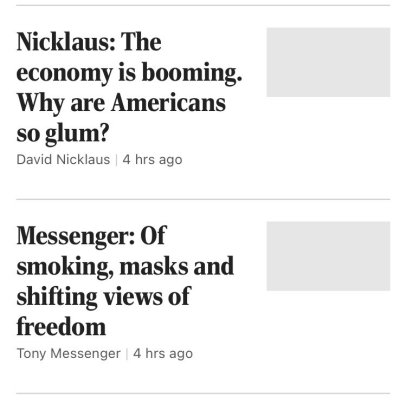


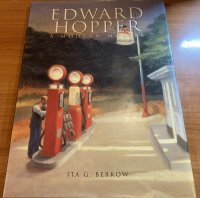 I saw someone–perhaps the Ace of Spades Midmorning Art Thread–mention Edward Hopper. Of course, I knew about “The Nighthawks”, which the particular post mentioned. So when I got a chance to pick up this book
I saw someone–perhaps the Ace of Spades Midmorning Art Thread–mention Edward Hopper. Of course, I knew about “The Nighthawks”, which the particular post mentioned. So when I got a chance to pick up this book 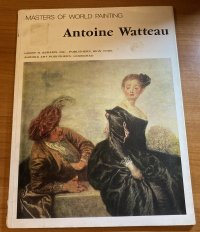 You know, ABC Books has amongst its dwindling artists section a thick volume on Watteau, and I felt a bit like a traitor when I bought this book at Hooked on Books
You know, ABC Books has amongst its dwindling artists section a thick volume on Watteau, and I felt a bit like a traitor when I bought this book at Hooked on Books